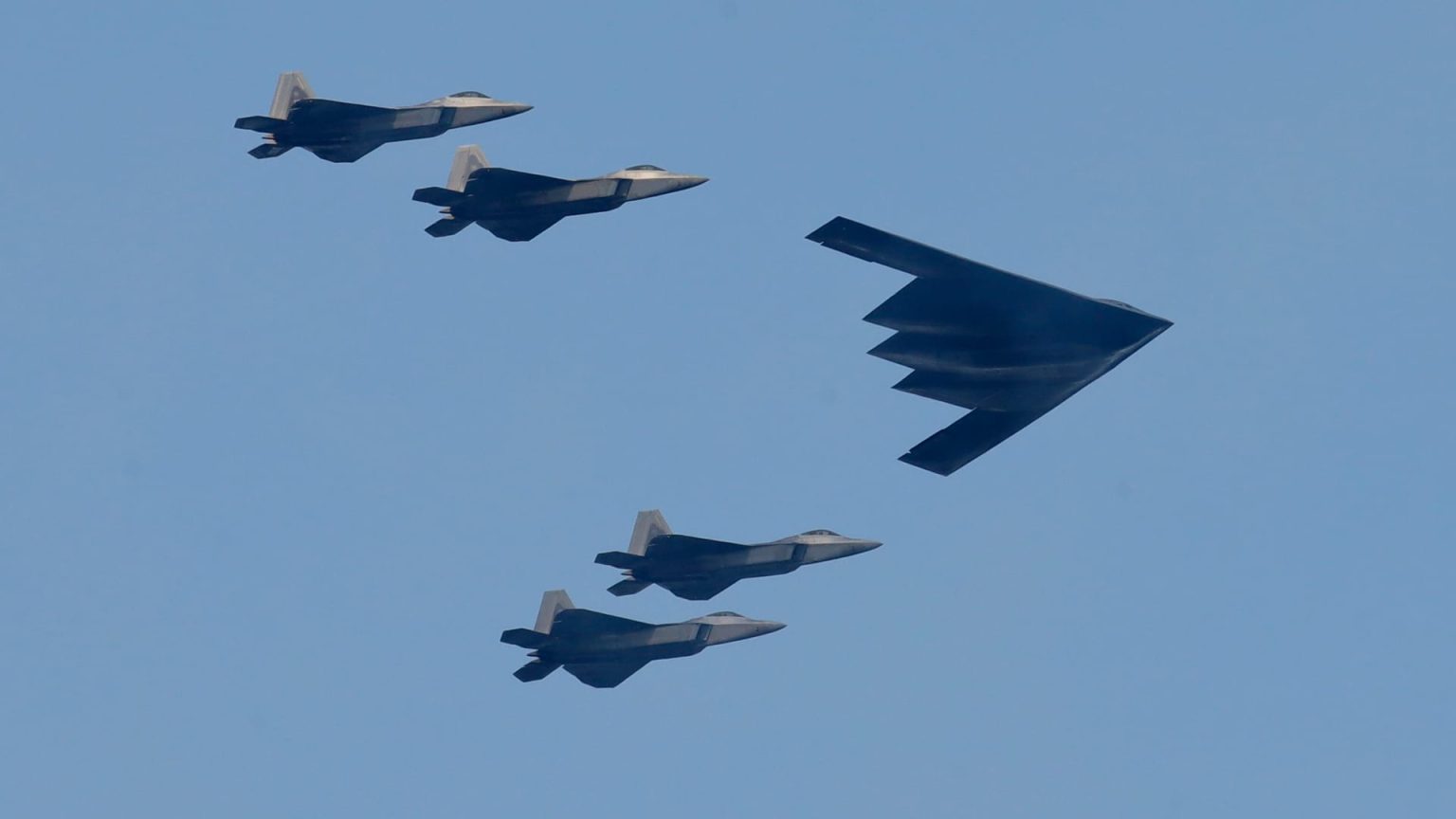In a significant escalation of military activity in the Middle East, U.S. President Donald Trump announced on Saturday that American forces had successfully targeted three nuclear sites in Iran, including the Fordo facility. This move elicited a diverse range of reactions from global leaders, with some expressing support while others condemned the actions as dangerous and provocative. The implications of this attack could have far-reaching effects on global peace and regional stability.
| Article Subheadings |
|---|
| 1) Reaction from Israeli Leadership |
| 2) Concerns from the United Nations |
| 3) Reactions from Latin America |
| 4) Calls for Diplomacy |
| 5) Global Implications of the Attack |
Reaction from Israeli Leadership
Following the announcement of the strikes, Israeli Prime Minister Benjamin Netanyahu praised President Trump’s decision. In his statement, Netanyahu emphasized that the actions taken by the U.S. would significantly alter the course of history. He remarked, “Trump’s bold decision will change history.” Netanyahu’s support reflects Israel’s ongoing concerns regarding Iran’s nuclear ambitions, as Israel views the country as a paramount threat to its national security. By aligning with the United States’ military actions, Netanyahu reiterated the mantra, “Peace through strength,” underscoring the importance of military readiness in fostering peace in the region.
Concerns from the United Nations
The United Nations quickly responded to the attacks with a warning regarding the potential escalation of violence in the region. UN Secretary-General Antonio Guterres expressed grave concerns about the striking actions, labeling them a “dangerous escalation” that threatens global peace and security. In his statement, he noted, “There is a growing risk that this conflict could rapidly get out of control – with catastrophic consequences for civilians, the region, and the world.” Guterres highlighted the need for diplomacy as the sole long-term solution to the conflicts in the Middle East, urging both sides to forgo further military actions. His statements indicate the UN’s stance favoring dialogue over military intervention in the pursuit of peace.
Reactions from Latin America
Leaders from Latin America also expressed their condemnation of the U.S. military actions. Venezuelan Foreign Minister Yvan Gil issued a statement via Telegram denouncing the strikes as “U.S. military aggression against Iran.” He called for an immediate cessation of hostilities, reinforcing Venezuela’s long-standing opposition to U.S. interventions in foreign nations. Similarly, Cuba’s President Miguel Diaz-Canel condemned the strikes, asserting that they constitute a serious violation of international law and the UN Charter. This growing unity among Latin American countries against U.S. military interventions reflects broader regional sentiments towards sovereignty and self-determination.
Calls for Diplomacy
As tensions heighten, governments around the world have been calling for a return to diplomatic dialogue to de-escalate the situation. Mexico’s Ministry of Foreign Affairs, for instance, urged nations engaged in the Middle East conflict to prioritize peace, stressing the importance of restoring diplomatic channels. In light of the attacks, the Mexican government reaffirmed its commitment to pacifism in foreign policy and called for urgent dialogue among conflicting parties. Such positions echo widespread international sentiment that military actions complicate rather than resolve deep-rooted conflicts.
Global Implications of the Attack
The implications of the U.S. strikes extend beyond Iran and Israel, reverberating across the globe. Reports indicate that South Korea’s presidential office convened an emergency meeting to assess the impact of the military actions. The tensions introduced by the attack may disrupt international markets and influence diplomatic relations on various fronts. Analysts warn that if left unaddressed, this incident could ignite a series of retaliatory strikes, further destabilizing a region already fraught with conflicts. The act has reignited discussions regarding the necessity of multilateral diplomacy for long-standing peace and security in the Middle East.
| No. | Key Points |
|---|---|
| 1 | President Trump announced a successful strike on three Iranian nuclear sites. |
| 2 | Israeli leaders labeled the attack a historic moment in U.S.-Israeli relations. |
| 3 | UN Secretary-General warned of the escalating risk of conflict. |
| 4 | Leaders from Latin America condemned U.S. military actions as violations of international law. |
| 5 | Calls for renewed diplomatic dialogues have emerged from multiple nations. |
Summary
The U.S. military’s recent actions against Iran have incited a wave of responses from various global leaders, reflecting the diverse perspectives surrounding military interventions in regional conflicts. While some hailed the actions as necessary displays of strength, others condemned the strikes as detrimental and escalatory. The responses highlight the complex international landscape where diplomacy faces challenges amid aggression, urging the need for dialogue to restore peace and security.
Frequently Asked Questions
Question: What prompted the U.S. military action against Iran?
The U.S. military action was initiated in response to perceived threats associated with Iran’s nuclear program, particularly focusing on sites that were believed to contribute to nuclear weapons capability.
Question: How have international organizations reacted to this military action?
International organizations, particularly the United Nations, have expressed severe concerns regarding the escalation of conflict and emphasized the need for diplomatic solutions to prevent further violence.
Question: What are the potential consequences of the attack?
The potential consequences of this attack could include increased military tensions, possible retaliatory actions by Iran, and a broader destabilization of the Middle East. Furthermore, it may affect global economic conditions and diplomatic relations.


